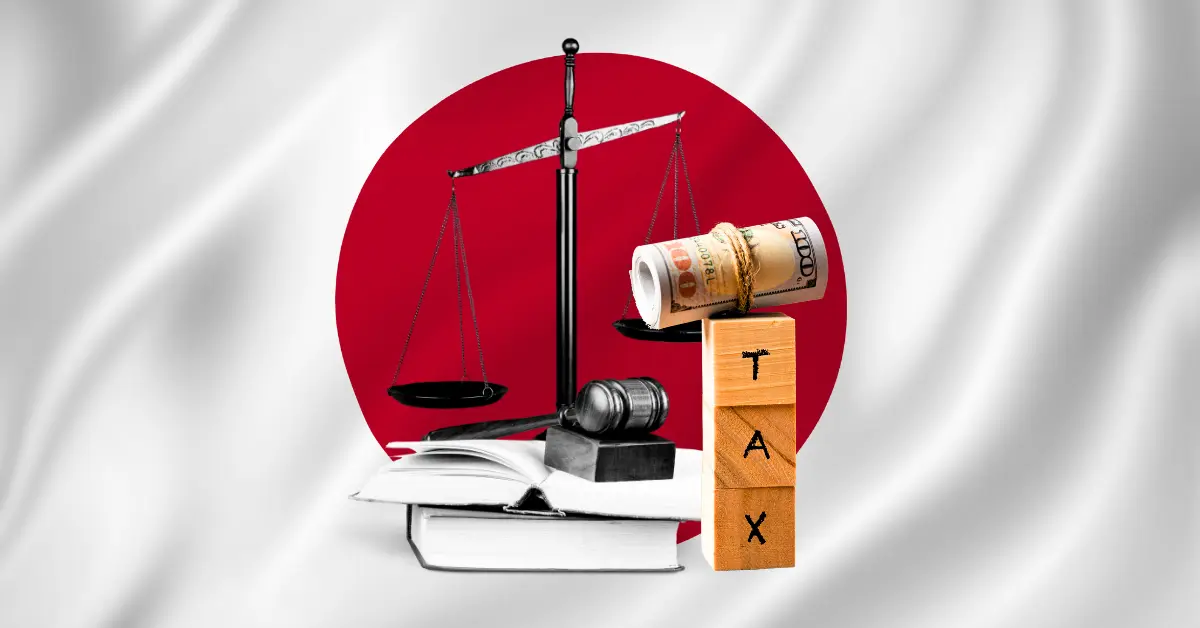
In recent years, Japanese crypto investors have faced significant tax burdens, with rates reaching as high as 55% on their digital asset profits. This hefty taxation has raised concerns among policymakers about its adverse impact on Japan’s economy. Recognizing the pressing need for change, the country’s ruling party, the Liberal Democratic Party (LDP), is gearing up to introduce a comprehensive crypto tax reform outline aimed at curbing capital outflow and fostering a more favorable environment for digital investments.
LDP Pushes for Crypto Tax Reform
The LDP’s initiative to revamp the crypto taxation framework is expected to materialize by the end of 2024. This move comes in response to shifting global political landscapes, particularly influenced by the pro-crypto stance of US leadership under Donald Trump. The proposed reforms are intended to make Japan’s tax system more competitive, thereby preventing the exodus of capital and encouraging domestic investment in cryptocurrencies.
Minister of Digital Affairs, Takuya Hirai, has underscored the urgency of establishing a robust crypto tax and regulatory framework before the potential inauguration of Trump in January 2025. This timeline reflects the LDP’s commitment to aligning Japan’s crypto policies with global trends and enhancing its competitiveness in the digital economy.
High Tax Burden on Japanese Crypto Traders
The current tax structure in Japan imposes a steep burden on crypto investors, with rates significantly higher than the flat capital gains tax of approximately 20% found in many other nations. This disparity has fueled arguments that Japan’s conservative tax policies are driving capital away, stifling the growth of its burgeoning crypto industry. As other countries adopt more progressive approaches to crypto taxation, Japan is feeling the pressure to adapt its policies to remain competitive on the global stage.
LDP’s Web3 and Crypto Policies
Under the leadership of Fumio Kishida, the LDP began its concerted efforts to overhaul the country’s crypto tax framework. Kishida’s administration has been instrumental in creating an environment conducive to the advancement of Web3 technologies and the broader digital economy. Central to this initiative is the Headquarters for the Promotion of a Digital Society, which has actively collaborated with the Financial Research Council to draft a proposal aimed at reforming the existing tax system. These efforts underscore the party’s dedication to fostering an innovative and competitive digital landscape in Japan.
Voices for Crypto Reform: LDP and Opposition
There is a growing consensus among both ruling and opposition parties in Japan regarding the necessity of crypto tax reform. Lawmakers from across the political spectrum acknowledge that the current tax system has hindered the growth potential of Japan’s crypto industry. This shared understanding increases the likelihood of broad support for the proposed reforms in the legislature.
Despite widespread agreement on the need for change, Prime Minister Shigeru Ishiba, who positioned himself as a pro-crypto candidate during his campaign, has expressed a preference for a cautious approach. Ishiba’s stance reflects a desire to balance the need for reform with ensuring the stability and sustainability of Japan’s fiscal policies. As discussions continue, stakeholders remain hopeful that a balanced and progressive tax framework will emerge, paving the way for a thriving crypto ecosystem in Japan.






